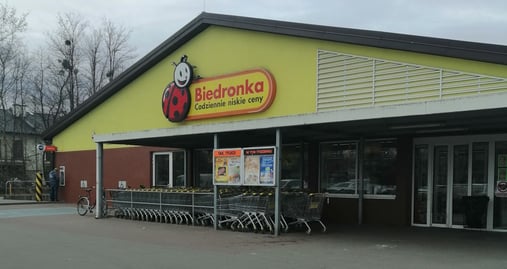We were waiting with great interest for market data describing the sales trends after the introduction of "Non-trade Sundays".

We have several conclusions from conversations with retailers with whom we carry out projects:
1. Buyers after the first confusion, began to treat all Sundays as "potentially" without trading
2. There was a large accumulation of purchases on Saturdays
3. Cumulation can be so big that some stores are not able to fully use its potential - for small warehouses, not enough people to top up shelves
4. Only discounters and Żabka fought seriously for clients, investing large budgets in advertising and "Saturday" campaigns
5. Most chains, not only groceries, lost sales in comparison to last year and hence rapid movements - some reduce employment, others launch promotions, eg "-10% on Saturdays".
Once again it turns out that discount chains adapt to the market situation the fastest and the best. In fact, they are the only ones that introduced preventive actions, and Biedronka once again increased its market share by 2.2 pp. At the same time, it confirms the information about small independent stores that they are gaining sales on "free sundays", but they lose out on other days
